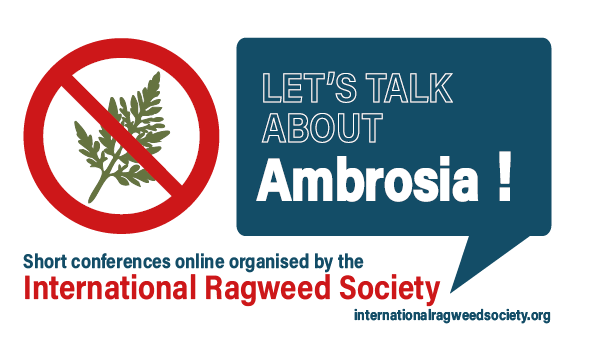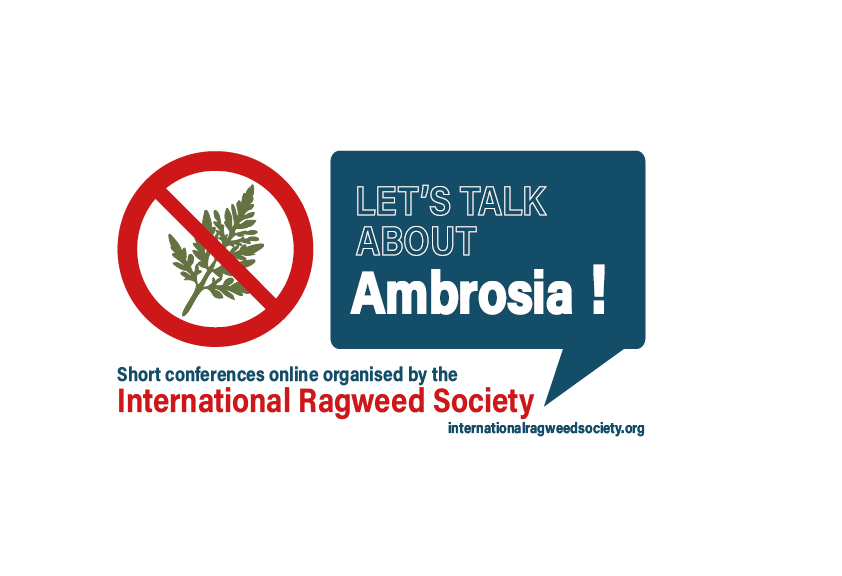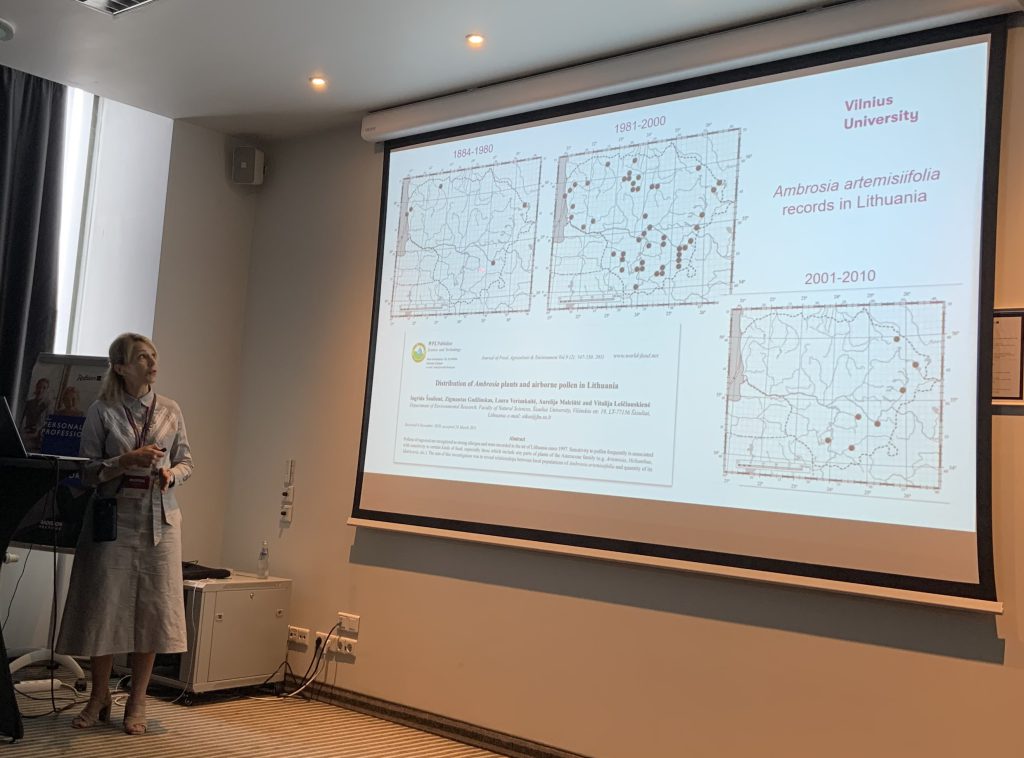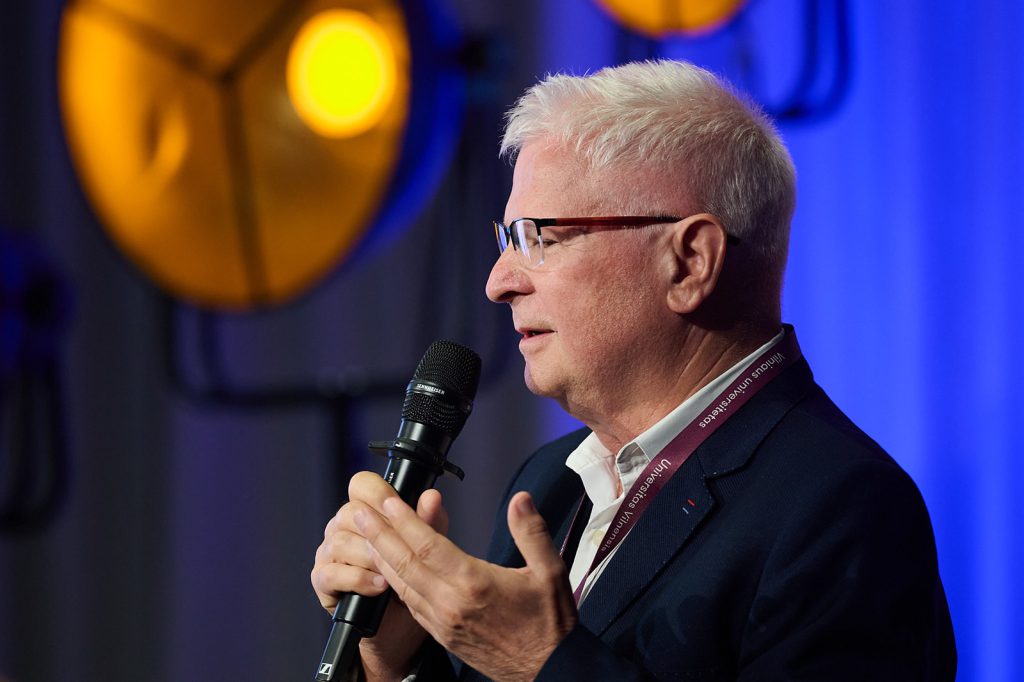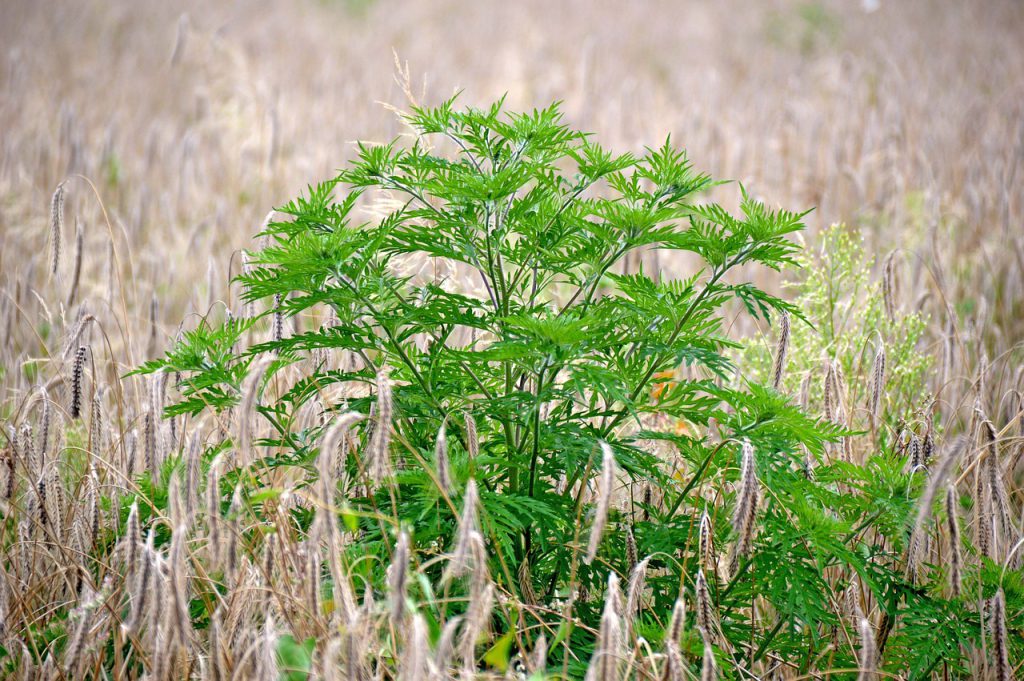Let’s talk about ambrosia : Spread of Ophraella communa in France
The IRS Committee is pleased to invite everyone interested in Ambrosia research and management to join our upcoming “Let’s Talk About Ambrosia” online conference! The session will be presented by Zoé Rousset, a PhD researcher at INRAe, who will discuss the spread of Ophraella communa in France since its detection in October 2023. This insect, a natural predator of common ragweed (Ambrosia artemisiifolia), is currently under monitoring to better understand its expansion and potential impact.
The event will feature a 15-minute presentation followed by a 15-minute Q&A session and is scheduled for February 19 at 9:00 AM CET.
For those who are unable to attend, the conference will be recorded and made available afterward.
Join the conference via using the following link: https://teams.microsoft.com/l/meetup-join/19%3ameeting_MjI5MmZkZjgtZDVmZi00MGNkLWJmYWItM2JmMGZjNjkwM2Vm%40thread.v2/0?context=%7b%22Tid%22%3a%223c6b2f1d-a507-4fe6-b63c-f6ee09f93b95%22%2c%22Oid%22%3a%2296568d8d-d619-40db-b03c-61fd7397f314%22%7d
And don’t forget: you can be a speaker too!
If you would like to present your ragweed-related work or project to the community, please contact: irs.ragweed@gmail.com with a short summary of your presentation proposal.